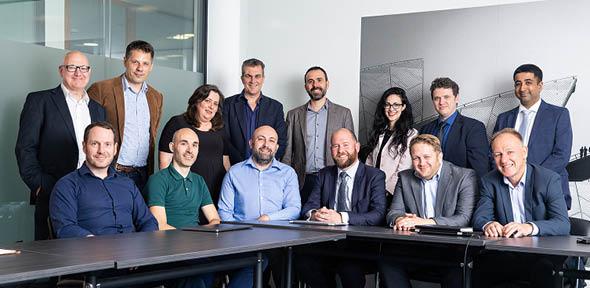
At the seventh in our series of roundtable discussions run by the Centre for Digital Built Britain in association with Chartered Institute of Building, we brought together specialist BIM consultants to share their insights and consider the progress being made towards BIM as ‘business as usual’.
CDBB will use these sessions, which have also covered academia and training, constructors, consultants, manufacturers, SMEs, asset and facilities management and technology companies, to help understand how BIM is being adopted and to inform future work.
The overarching message emerging from this discussion was that although BIM has the potential to deliver enormous benefits, there is still some way to go before it becomes business as usual. While there are many shining examples of good practice, particularly in the public sector, the majority of private sector clients still lack a clear understanding of what BIM is and what it can offer, not just at the design and build stage but throughout the lifetime of the asset. .
As a result, clients are not seeing the real benefits most of which are being retained in the supply chain, with suppliers using BIM to make significant efficiencies to their way of working.
This lack of client awareness is particularly problematic at the procurement stage and mitigates against the collaborative approach that BIM aims to foster, bringing all the specialisms together at the start of the project to achieve a more successful outcome.
As with previous Roundtables, there was a call for compelling case studies which clearly articulate the benefits of BIM to help clients better understand its value.
A shortage of skills across the sector was also highlighted as one of the main obstacles to progress. The jobs and the salaries aren’t yet there to attract highly sought-after data scientists into the construction industry. But the group agreed that it’s not just technical skills that are needed: the sector is also going to require change management specialists and people who are good at connecting different disciplines.
Concern was also expressed that if incumbent firms fail to innovate and adopt new digital technologies, new market entrants will come in and do it for them. The signs are there that this is already happening: with startups ‘everywhere’ and the tech giants Google and Facebook developing a keen interest in the sector.
Read the full-write up of the event at BIMPlus.
